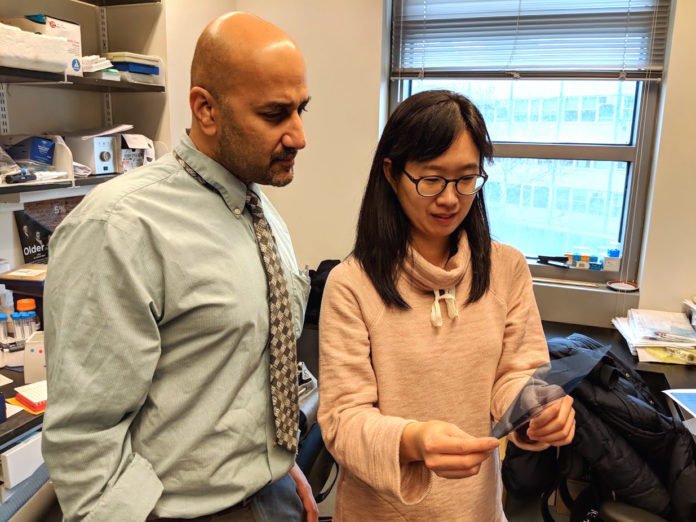Triglycerides are fats that cells use as fuel. They are transported to cells by means of the circulatory system, however, when triglyceride levels are high, over the top quantities of the fat particles are constrained into cells covering the supply routes. That causes irritation in cholesterol-loaded plaques in the supply routes and may clarify why individuals with high triglyceride levels have an expanded danger of cardiovascular illness.
In any case, not at all like cholesterol, which can be brought down with statins, sedates that lessen triglyceride levels are not exceptionally successful, and comes about on coronary illness results are blended.
Presently new research from the lab of Utpal Pajvani, MD, Ph.D., has uncovered a conceivable procedure to bringing down triglycerides: In mouse thinks about, specialists demonstrate that repressing a catalyst in the liver fundamentally diminishes triglyceride levels.
The compound, called gamma-secretase, has various capacities all through the body.
Past examinations by Pajvani and his partners exhibited that restraining the catalyst with specific medications enhances glucose levels and insulin affectability while diminishing fat aggregation and irritation in the liver.
In the new examination, Pajvani’s group—driven by the investigation’s first creator KyeongJin Kim, PhD—found that restraining the compound likewise makes liver cells haul triglycerides out of the circulation system.
Pajvani, adding that the liver cells seem unaffected by the increased intake said, “We see this data as proof of principle that a drug that inhibits gamma-secretase could be used to produce multiple benefits at once. This approach would be especially beneficial for people with type 2 diabetes, who have
Flow medicates that hinder gamma-secretase obstruct the protein all through the body and cause extreme gastrointestinal reactions, blocking them from being utilized to avoid or treat constant illnesses.
To address this issue, Pajvani’s group worked together with industry associates to build up an “antisense” particle that especially pieces gamma-secretase in the liver. In a progression of mouse tests, they found that the atom lessened triglycerides and glucose in the blood, without clear symptoms.
In any case, he alerts that there is a long time of work ahead before the compound or a comparative medication would be accessible for testing in individuals.
Pajvani said, “Many people are looking at new ways to reduce triglycerides, and the more possibilities we identify, the greater chance we have of ultimately succeeding.”
The research was published online March 22 in Cell Metabolism.
